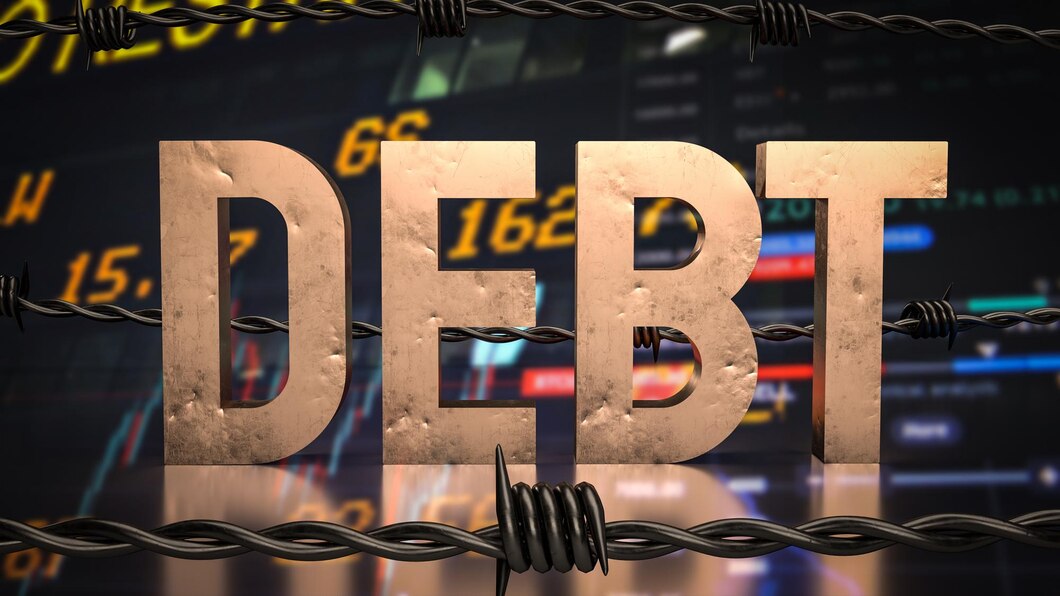In the modern financial landscape, loans have become an indispensable tool for achieving various goals, from purchasing a home to starting a business. However, economic uncertainties or unforeseen circumstances can sometimes make repaying these loans challenging, leading individuals to explore options such as debt settlement. Understanding the ins and outs of loan and debt settlement is crucial for individuals navigating financial difficulties. In this guide, we delve into everything you need to know about loan and debt settlement.
What is Loan and Debt Settlement?
Loan and debt settlement involves negotiating with creditors or lenders to accept a reduced payment amount to satisfy a debt in full. This process typically occurs when borrowers are unable to repay their loans in full and are seeking an alternative solution to avoid default or bankruptcy. Debt settlement can apply to various types of debt, including credit card debt, medical bills, personal loans, and even certain types of secured loans.
How Does Loan and Debt Settlement Work?
The process of loan and debt settlement usually begins with an assessment of the borrower’s financial situation. If the borrower is facing genuine financial hardship and is unable to repay the full amount owed, they may consider reaching out to their creditors or engaging a reputable debt settlement company to initiate negotiations.
During negotiations, the debtor or their representative proposes a lump-sum payment or a structured repayment plan that offers a reduced amount compared to the total debt owed. Creditors may accept this arrangement if they believe it’s the best option for recovering at least a portion of the debt while avoiding the costs and uncertainties associated with pursuing further collections.
Pros and Cons of Loan and Debt Settlement
Pros:
1. Debt Relief: Loan and debt settlement can provide much-needed relief to individuals burdened by overwhelming debt, allowing them to reduce their financial obligations and move towards a fresh start.
2. Avoiding Bankruptcy: For individuals facing the prospect of bankruptcy, debt settlement offers an alternative way to resolve their debts while avoiding the long-term consequences of bankruptcy on their credit history.
3. Negotiated Reduction: Debt settlement often results in a reduction of the total debt amount owed, potentially saving borrowers a significant sum of money.
Cons:
1. Credit Score Impact: Debt settlement can hurt the borrower’s credit score, as creditors may report the settled debt as “settled for less than the full amount” on the credit report.
2. Tax Implications: In some cases, the forgiven portion of the debt may be considered taxable income, leading to potential tax liabilities for the borrower.
3. Risk of Scams: Engaging with unscrupulous debt settlement companies or individuals can expose borrowers to the risk of scams or fraudulent practices, potentially worsening their financial situation.
Alternatives to Loan and Debt Settlement
While loan and debt settlement can be a viable option for some individuals, it’s essential to explore alternatives and consider their implications carefully. Alternative options may include debt consolidation, budgeting and financial counseling, negotiating directly with creditors for hardship programs or extended repayment plans, or in some cases, seeking legal advice for bankruptcy protection.
Conclusion
Loan and debt settlement can offer a lifeline to individuals struggling with unmanageable debt, providing a pathway to financial recovery and peace of mind. However, it’s crucial to approach the process with caution, seeking reputable advice and exploring all available options before committing to a settlement arrangement. By understanding the intricacies of loan and debt settlement and weighing the pros and cons, individuals can make informed decisions that align with their financial goals and circumstances.



